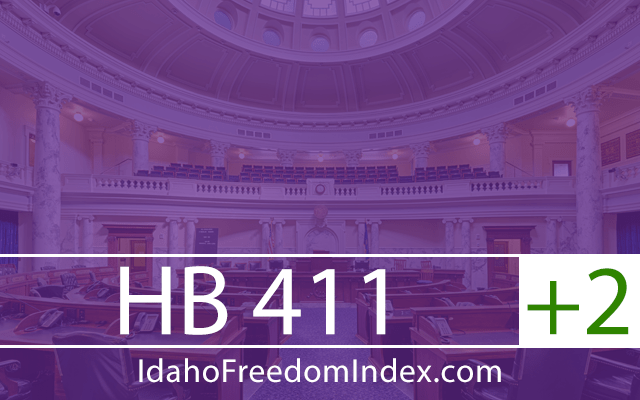


Bill description: HB 411 would reform two aspects of the license required to practice sign language in Idaho.
Rating: +2
Does it give government any new, additional, or expanded power to prohibit, restrict, or regulate activities in the free market? Conversely, does it eliminate or reduce government intervention in the market?
During the 2017 Legislative Session lawmakers passed House Bill 46, which established a new license for sign language interpreters. HB 411 would reform two major issues HB 46 created.
HB 411 would lower the age requirement, for signers who can receive pay for their service, from 21 years of age to 18. Currently, anyone under the age of 21 is prohibited from offering their services as sign language interpreters for pay, even if they are qualified and fluent in the practice of signing.
(+1)
Does it increase barriers to entry into the market? Examples include occupational licensure, the minimum wage, and restrictions on home businesses. Conversely, does it remove barriers to entry into the market?
HB 411 would allow individuals who have national or state certifications from outside of Idaho to practice in the Gem State for a limited period of up to 30 days. Currently, the state only allows individuals, who are licensed by another state, to practice within Idaho for this period; after 30 days, current law requires a person to obtain a full license. By allowing any state or national certification to meet this qualification, rather than just a license form the few states that offer one, HB 411 would take down the barrier preventing out-of-state individuals from offering their services when and where they are needed here in Idaho.
(+1)


